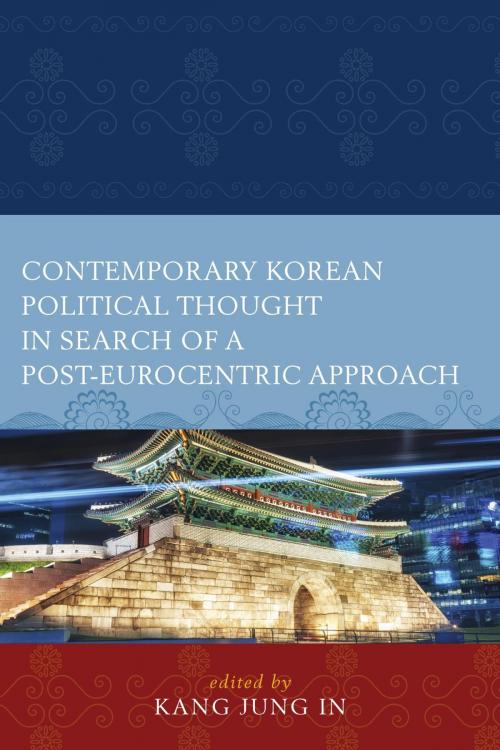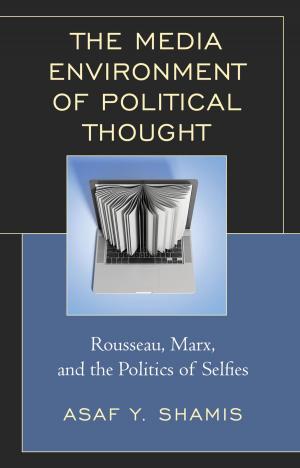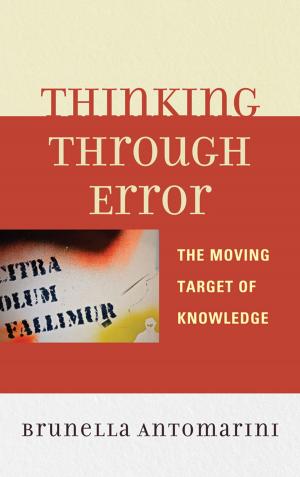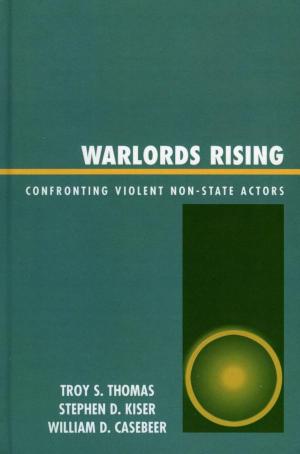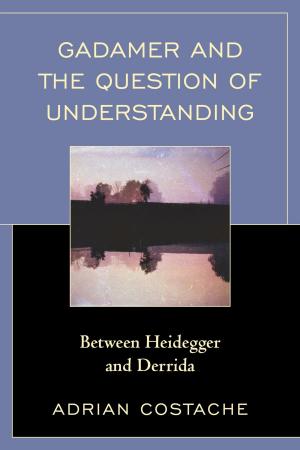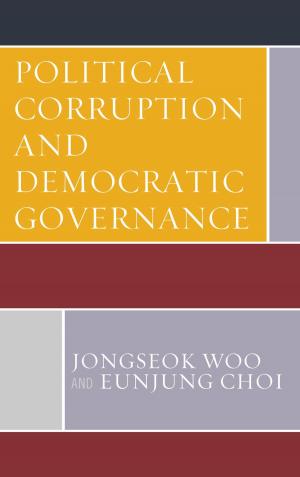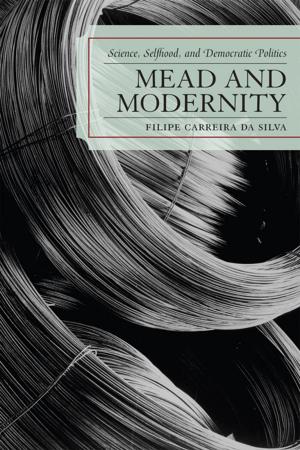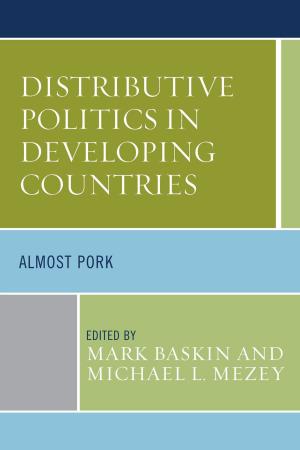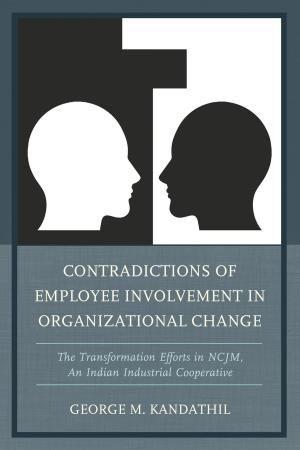Contemporary Korean Political Thought in Search of a Post-Eurocentric Approach
Nonfiction, Social & Cultural Studies, Political Science, International, International Relations| Author: | Jang Dong Jin, Jung In Kang, Kim Bi-Hwan, Kim Dong-Choon, Kim Hee-Kang, Kim Nam-Kook, Kim Seog Gun, Kim Sungmoon, Kim Yong-Min, Lee Dongsoo, Lee Sang-ik, Lee Seung-Hwan, Moon Jiyoung, Park Hong Kyu, Yang Seung-Tae | ISBN: | 9780739181010 |
| Publisher: | Lexington Books | Publication: | November 20, 2014 |
| Imprint: | Lexington Books | Language: | English |
| Author: | Jang Dong Jin, Jung In Kang, Kim Bi-Hwan, Kim Dong-Choon, Kim Hee-Kang, Kim Nam-Kook, Kim Seog Gun, Kim Sungmoon, Kim Yong-Min, Lee Dongsoo, Lee Sang-ik, Lee Seung-Hwan, Moon Jiyoung, Park Hong Kyu, Yang Seung-Tae |
| ISBN: | 9780739181010 |
| Publisher: | Lexington Books |
| Publication: | November 20, 2014 |
| Imprint: | Lexington Books |
| Language: | English |
This book is a collection of essays written by Korean political theorists addressing the study of contemporary Korean political thought on the premise that such study should be carried out with a post-Eurocentric approach. The negative effects brought about by the domination of Western-centrism are pervasive in academic disciplines as well as in everyday life of South Korea. This book outlines three strategic approaches to combating Western-centrism: (1) theorizing contemporary Korean politics from a Korean perspective, (2) the Koreanization of Western political thought, and (3) modernizing traditional East Asian political thought. These essays examine and explore the validity of the three strategic approaches with the objective of coping with Western-centrism in Korean political theory. These contributing authors share a concern about Western-centrism, but approach it from different directions and at different layers.
This book is a collection of essays written by Korean political theorists addressing the study of contemporary Korean political thought on the premise that such study should be carried out with a post-Eurocentric approach. The negative effects brought about by the domination of Western-centrism are pervasive in academic disciplines as well as in everyday life of South Korea. This book outlines three strategic approaches to combating Western-centrism: (1) theorizing contemporary Korean politics from a Korean perspective, (2) the Koreanization of Western political thought, and (3) modernizing traditional East Asian political thought. These essays examine and explore the validity of the three strategic approaches with the objective of coping with Western-centrism in Korean political theory. These contributing authors share a concern about Western-centrism, but approach it from different directions and at different layers.
